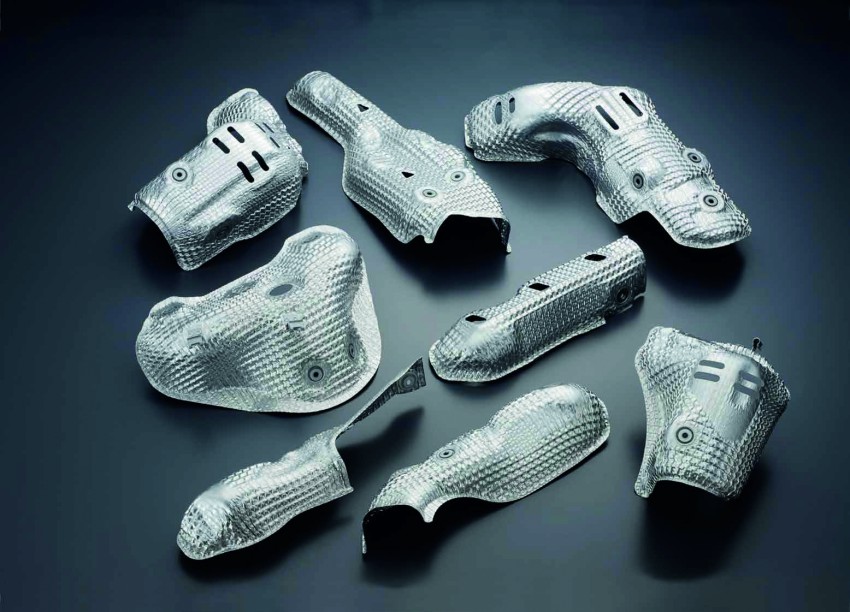Japanese automobiles are reputed world-wide for their high-quality, performance and reliability, with the nation’s leading carmakers being the chief representatives of the Japanese monozukuri manufacturing philosophy on the global stage.

But a Toyota Corolla, the world’s best-selling car, is merely the sum of its parts. And many of the 30,000-plus components making up the vehicle are not manufactured by Toyota itself, but by the thousands of SMEs that make up the bottom end of Japan’s automobile industry pyramid. As such, Toyota, Nissan, Mazda or Mitsubishi’s reputation for performance and reliability can largely be attributed to the high-quality parts made by these smaller firms, who also adhere to the principles of monozukuri (‘the art of making things’) in order to meet the standards of these extremely demanding customers.
“Since our clients are the biggest players in the automotive industry in Japan, we have to be able to provide them with highend quality products. We focus mainly on constantly improving our manufacturing process to meet market needs and more precisely to meet our clients’ needs at any time,” says Hiroshi Miyagawa, president of Sanwa Packing Industry Co. Ltd.
“In Japan, the standards required are very different from any other country. The level of quality required from the clients here is very high. This is where monozukuri plays its role.”
Established in 1945, Sanwa manufactures and supplies gaskets, heatshields and other metal parts for major car makers such as Honda, Daihatsu, Mazda, Mitsubishi Motors, Toyota and Suzuki, with whom the company works in close collaboration to respond to the ever-changing demands of the industry.
Today, with environmental concerns pushing car makers to develop, lighter and more fuel efficient engines, Sanwa has in turn adapted to develop new gasket and heat shield technologies that are essential to overall engine performance.
“With the demands for automobile engines to have better performance, less weight and higher fuel-efficiency, combustion temperature and pressure tend to be higher than before, and there is an increasing need for high-quality and high-precision gaskets,” explains Mr. Miyagawa.
“Along with the evolution of the automobile engine, and in order to seal properly, gaskets are required to deal with not only hightemperature and high-pressured combustion gas, but also lubrication oil, coolant and blow-by gas.”
Heatshields, meanwhile, are used for insulating the heat, sound and vibration of automobile engines and parts of exhaust pipes. Responding to the challenge to make these components lighter, Sanwa developed NimbusG II, the world’s first ultra-thin aluminum heatshield for exhaust systems, which offers superior sound,
heat and vibration insulation capacity and is less than onethird the weight of conventional steel-made versions. NimbusG II, Mr. Miyagawa points out, was a milestone for Sanwa, and a fine example of its capacity to adapt to the changes and trends of the automobile industry.
Over the coming years, Sanwa aims to strengthen its international presence. Having finished building factories in Mexico and Indonesia, the company is currently expanding business in the likes of India, in order to bring its products to new clients around the globe. Working hand-inhand with clients to meet their needs has been key to Sanwa’s success over the past 75 years. And moving forward, this close collaborative approach will also form the basis of its strategy for global growth.
0 COMMENTS